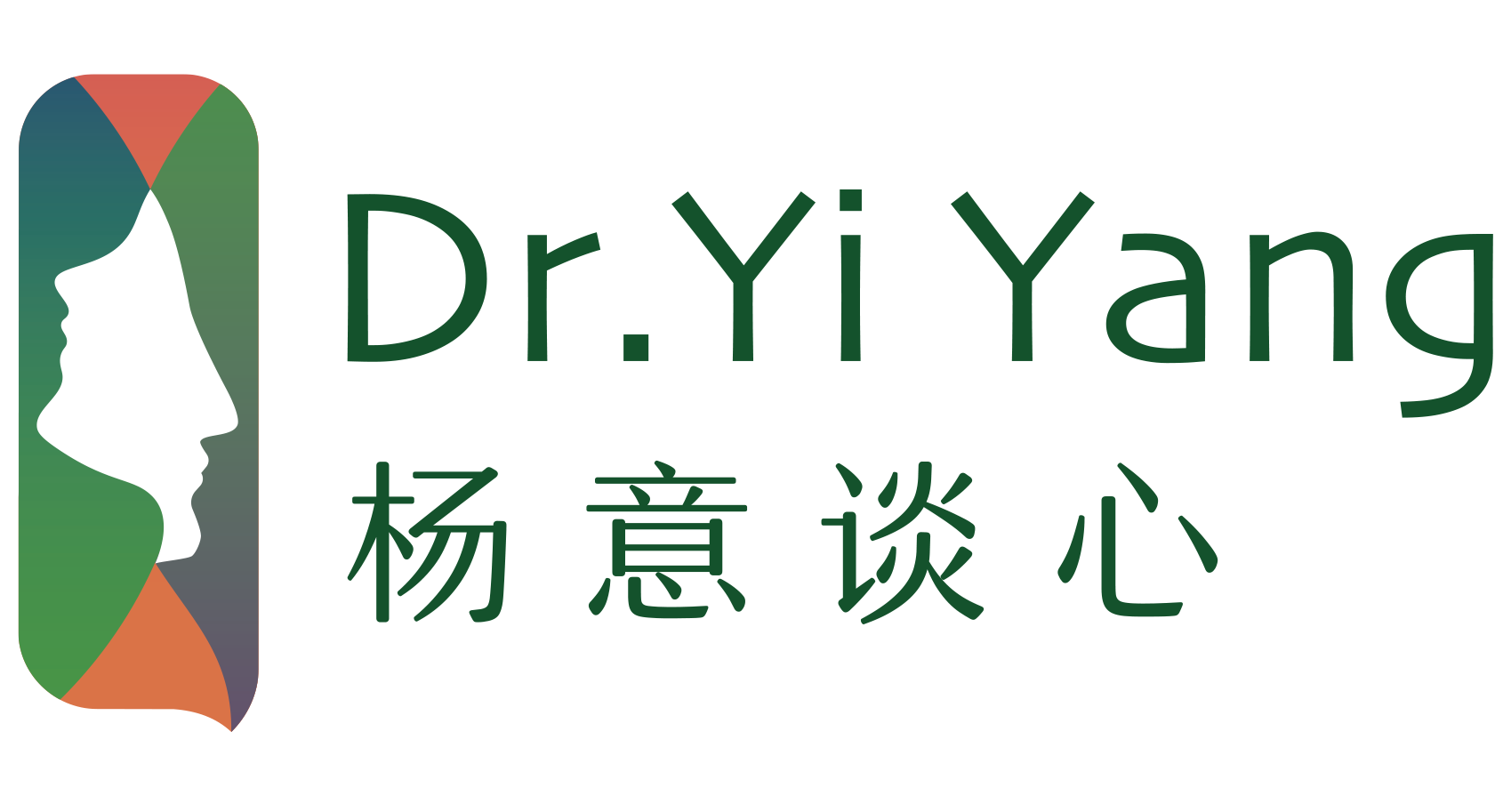There is a saying on the internet that if the war against COVID-19 is like a soccer match, China played the first half, other countries are playing the second half, and overseas Chinese have been playing the whole game. Through the ups and downs of the COVID-19 pandemic, Chinese international students have been on such a roller coaster ride. It is particularly worth noting that some students already have a history of mental challenges such as anxiety disorders or grief (for example having family passed away during the SARS in 2003). Those students are more vulnerable and more likely to be triggered by all the news, case counts, death tolls, and tragedy stories. When the coronavirus first appeared in the US, Chinese students who study here started wearing face masks. However, wearing masks has been discouraged by the US government until recently. The Chinese students therefore felt alienated and pressured by the social norms. Meanwhile, the students felt apprehensive about their own safety as well as others; they were also dismayed at the indifferent attitude among the non-Chinese towards Coronavirus. Some students reached out to their schools, asking for permission to wear face masks, making presentations to promote knowledge about Coronavirus, organizing events on campus to raise awareness, etc. These students felt disheartened when their efforts were not appreciated by the non-Chinese community. Quickly, the outbreak in the US escalated to lockdown. Around spring break, schools were closed, students had to move out of their dormitories, and everyday life was drastically altered. Many students sleep during the day and wake up at night, reading everything about COVID-19 and talking to their parents in China about what to do next: stay in the US or go back to China. It’s a difficult decision to make with reasons. During all these stressful times, there has also been hostility in China towards the Chinese international students. These students are accused of blindly worshiping the Western culture because they study abroad, and they are reproached for bringing back the virus if they come home now. Meanwhile, there have been verbal and physical assaults against the Chinese in countries outside of China, making the Chinese feel unsafe overseas. Here I would like to call for a better understanding of the Chinese international students as well as more compassion for them. The above was a brief summary about what Chinese international students have been going through during the COVID-19 pandemic—my hope is that it will help people understand them better. Right now, everything normal about studying abroad has been knocked down. But how can we rebuild? The first step is to accept our feelings in the process, regardless of whether the feelings are anxiety, irritation, loneliness, helplessness, rage, or fear; can we look at ourselves in a mindful way in order to discover more about ourselves and to reflect more about the world? Second, we will need to rebuild a new normal around a new routine for daily life as a student. What is going on with the pandemic and with global economics/politics is beyond our control. So much is beyond our control. But to a great extent we can control how we live our daily life. To live every day well is easier said than done, but it is tremendously helpful. Particularly, the more uncertain the outer world is, the more we should focus back on the basics of life: getting enough sleep, eating balanced meals, exercising, staying socially connected, doing things that bring joy, practicing mindfulness, reading, and reflecting. There is a lot we are restrained from and unable to do, but there is also a lot that we can still achieve and enjoy. What is happening may have revealed the dark sides of human nature including schadenfreude, selfishness, and weakness; but it also has highlighted the bright sides of human nature such as kindness, empathy, generosity, and bravery. In the face of grief and disaster, people usually go through five stages: denial, anger, bargain, depression, and eventually acceptance. If you ever feel overwhelmed and unable to cope, there are free counseling services available under COVID-19. For example, here are the Chinese hotlines and the US websites to get teletherapy. Lastly I’d like to share with you something I try to remind myself: BRING OUT THE BEST VERSION OF OURSELVES, LOOK AT THE REALITY BEYOND OUR OWN VIEW, AND PARTICIPATE IN THAT REALITY BEYOND OUR OWN SELF INTEREST.

